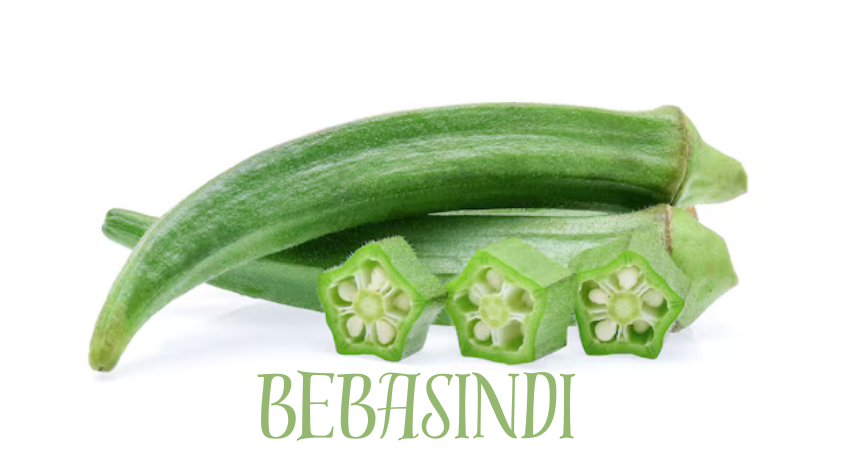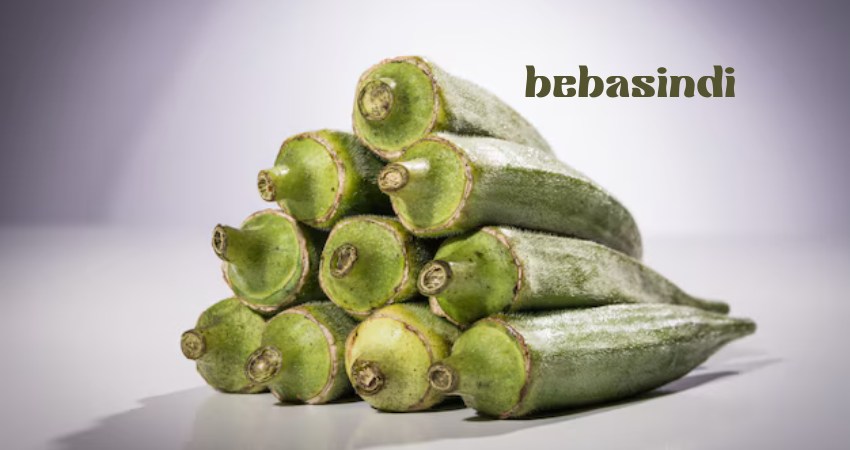In the rhythm of our lives, there are words that stand like beacons, casting their glow over the darkness of uncertainty. “Bebasindi ” is one such word—its emotional depth calls us to reflect on the strength and liberation it carries. This simple yet profound term invokes the very spirit of freedom, not just in the grand schemes of history, but in the intimate, personal battles we fight within our own hearts.
Unveiling the Roots of Bebasindi
Where did this word come from, and what does it truly mean? At its core, “bebasindi ” carries the weight of liberation—a soul set free, unburdened by the chains of past constraints. Rooted deeply in the culture of those who have fought to break free, it resonates like a soft whisper, urging us to let go of what no longer serves us. The historical roots of “bebasindi” are entwined with stories of resilience and resistance. From the struggles of oppressed communities to the voices that refused to be silenced, this term embodies a triumph over adversity. It’s a symbol, not just of personal freedom, but of collective strength.
Bebasindi: A Word of Freedom and Resilience
Freedom, like air, is often invisible, yet without it, we suffocate. “Bebasindi” is the breath of fresh air that fills the lungs of the soul. It speaks to the human desire to be unshackled, to live without fear of judgment or constraint. But freedom isn’t handed to us on a silver platter—it’s earned, it’s fought for, and in many cases, it’s reclaimed after loss. The word “bebasindi” is a reminder that resilience lies not in the absence of challenges, but in our ability to rise above them.

The Emotional Weight of Bebasindi
It’s more than just a word—it’s a mirror to the heart. “Bebasndi” carries an emotional weight that touches on the deepest parts of our human experience. It’s about finding the courage to break free from limiting beliefs, societal pressures, or personal fears. It’s the cry of someone who has suffered, yet stands tall, knowing that they are not defined by their past. How many of us, in our quiet moments, have longed to be bebasindi, to break free from whatever holds us back?
Bebasindi in Different Cultures
The beauty of “bebasndi” is that it transcends borders. While it may have its roots in a specific cultural context, the essence of this word is felt across the globe. Whether it’s the spirit of a revolution in the streets of Cairo or the quiet, determined steps of someone overcoming personal trauma, “bebasindi” has a universal resonance. It speaks to anyone who has ever felt the weight of life’s constraints and has found the courage to break free.
Bebasindi and Personal Transformation
What does it mean to transform? To become bebasndi is to evolve—to shed the skin of who we were in order to become who we are meant to be. Personal transformation doesn’t happen overnight. It’s a journey, one marked by moments of doubt, pain, and uncertainty. But through it all, there’s a quiet strength growing within us, urging us to keep going. To live bebasindi is to embrace change, to step into the unknown with the confidence that we are capable of overcoming whatever comes our way.
The Challenges Behind Bebasindi
There’s no true freedom without challenge. Every journey toward “bebasndi” involves obstacles—sometimes external, sometimes internal. Whether it’s facing societal expectations, dealing with emotional scars, or confronting our own self-doubts, the road to freedom is rarely smooth. But it is in these struggles that we find our true strength. The hurdles we overcome shape the very essence of who we become.
Reaching the Pinnacle of Bebasindi
What does it feel like to truly be bebsindi? It’s not a destination, but a moment of clarity—a realization that we are no longer bound by the things that once held us captive. To reach the pinnacle of bebasindi is to look in the mirror and see a person who has fought, who has struggled, but who has emerged stronger, wiser, and free.
Bebasindi in the Arts and Expression
Art has always been a powerful medium for expressing the inexpressible. “Bebasndi” finds its voice in the strokes of a paintbrush, the rhythm of a poem, the chords of a song. Artists, poets, and musicians have long used their craft to convey the essence of freedom—the struggle for it, the pain of it, and the triumph of it. The beauty of bebasindi in art is that it’s not just seen or heard; it’s felt deeply, resonating with the heart in ways words alone cannot.
Bebasindi in Music and Poetry
When words fail, music speaks. The melody of a song, the cadence of a poem, these are the expressions of bebasndi. They give voice to the silent battles fought in the hearts of millions. Whether it’s a powerful anthem of revolution or a personal ballad of overcoming, the art of music and poetry reminds us that we are never truly alone in our journey toward freedom.
The Legacy of Bebasindi
“Bebasndi” is not just a term—it’s a legacy. It’s a word that will continue to inspire future generations to embrace their inner strength and fight for their freedom. It teaches us that no matter how difficult the road may be, the power to break free is always within us.
Bebasindi and Social Movements
Throughout history, social movements have been fueled by the very spirit of bebasindi. Whether it’s the fight for civil rights, gender equality, or environmental justice, the desire for liberation is a constant driving force in the pursuit of social change. “Bebaindi” represents more than personal freedom—it is a rallying cry for collective action, a call to rise up and demand the world be different.
How Bebasindi Affects Our Daily Lives
We often think of freedom as something grand, something reserved for historical revolutions or world-changing events. But the truth is, bebasndi is something we can experience in our everyday lives. It’s in the small acts of defiance against societal norms, in the quiet moments of self-discovery, and in the choices we make to break free from our own limitations.
Personal Reflection: What Does Bebasindi Mean to You?
Take a moment. Close your eyes and ask yourself: What does bebasndi mean to you? For some, it may be the ability to express themselves freely. For others, it may be breaking free from the chains of past trauma. Each person’s path to freedom is different, but the core message remains the same: you are meant to be free.

Conclusion
In the end, “bebasindi ” is not just a word—it is a powerful reminder of what we are capable of. It is the call to rise above our fears, our doubts, and our limitations. It is the invitation to live fully, freely, and authentically. The journey to bebasndi is a personal one, but it is also a shared experience, one that unites us all in our common desire for freedom.
FAQs
What does bebasindi mean in different languages?
Bebasidi, while culturally specific, shares similar meanings in many languages, often linked to freedom or liberation.
How can I find my own bebasindi in life?
By embracing change, letting go of fears, and standing up for what truly matters to you.
Is bebasindi a universal concept?
Yes, the essence of bebaindi—the desire for freedom—is something felt by people all around the world.
Can bebasindi be experienced in small daily moments?
Absolutely! Freedom can be found in the smallest acts of self-expression and choice.
How does bebasindi relate to self-empowerment?
Bebasndi is a symbol of self-empowerment, reminding us that we hold the power to shape our own destiny.


